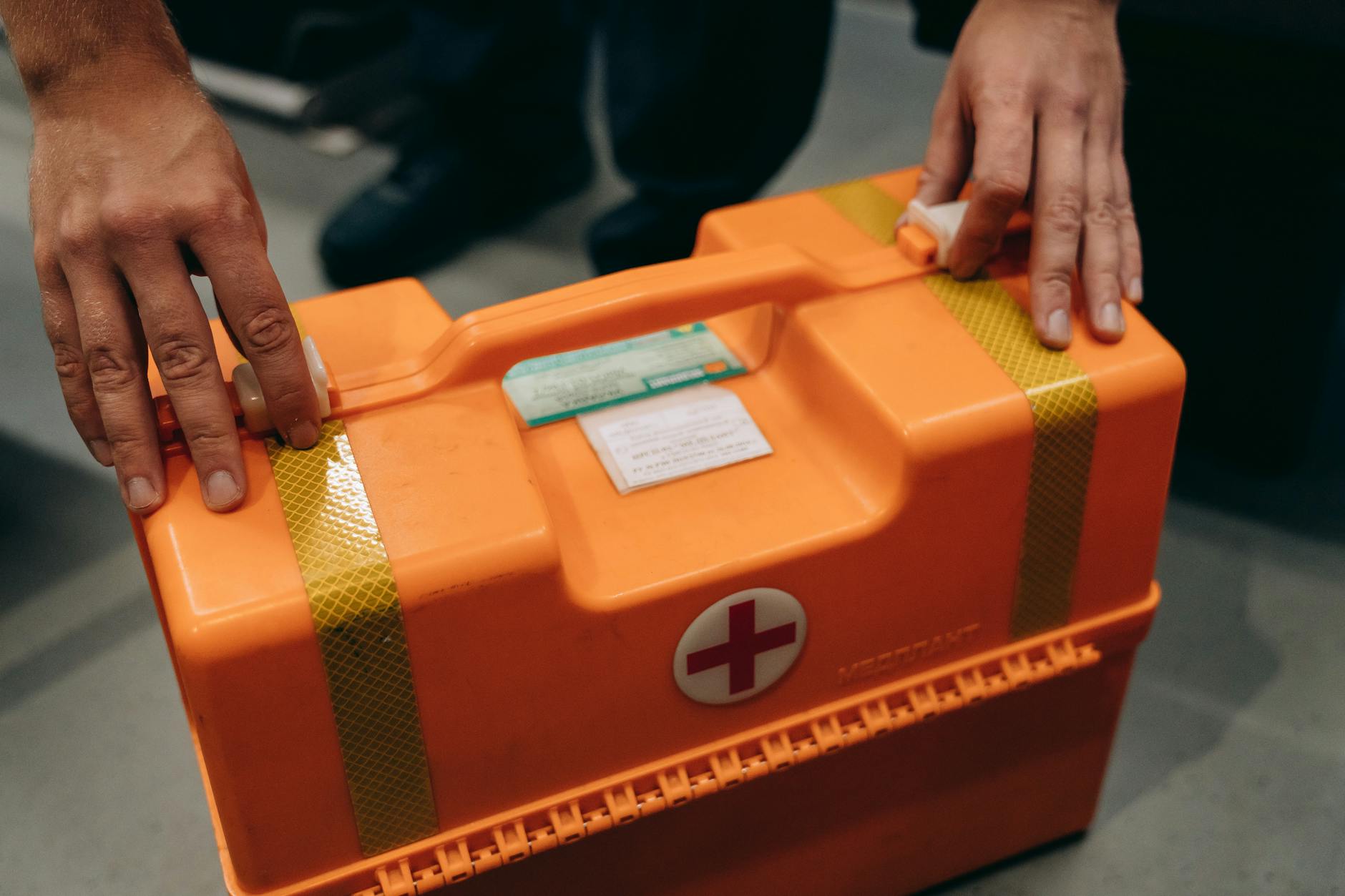In today’s environment, prioritising the safety and welfare of employees is a crucial concern. Whether in businesses or large corporations, unforeseen accidents can occur at any moment. First aid training during these times can offer immediate relief and can even save lives.
This makes it crucial for organisations to get their employees trained by professionals like Hero Headquarters. Their teachings and courses span from first aid training in a setting that goes beyond mere legal compliance; it serves as a moral duty to safeguard employees during challenging times.
Here’s why first aid training is so essential for every organisation:
Compliance with Legal Standards:
First aid training equips organisations to meet employee health and safety obligations. While occupational health and safety laws may differ across regions, one common aspect is the responsibility placed on employers to assist with emergencies.
By investing in first aid training for their staff, companies showcase adherence to these regulations while empowering their workforce with skills to handle crises effectively. It also prepares employees to handle workplace accidents while staying safe.
Ensuring Swift Emergency Response:
During emergencies, timely intervention often determines the outcome of life and death. Corporate first aid training equips employees with skills like CPR (Cardiopulmonary Resuscitation), wound care, fracture stabilisation, managing cardiac events and other situations where prompt actions can be life-saving. Knowing these techniques enables employees to react promptly before professional medical assistance arrives. This immediate response can greatly enhance survival rates. Lessen the long-term impact of accidents or sudden illnesses.
Promoting a Safe Work Environment:
First aid training in the corporate setting empowers employees by equipping them with life-saving abilities. This newfound confidence extends beyond their work duties, making them feel more secure and knowing they can help colleagues or strangers during crises. Such confidence fosters a proactive and positive work culture where employees trust their skills and support one another.
Cultivating a Safety-Conscious Environment:
Educating staff on aid practices nurtures a culture of safety awareness within the company. Employees become more vigilant in proactively identifying and addressing risks to prevent accidents. By emphasising prevention through safety meetings and drills, organisations can significantly reduce injuries and establish a safe environment free from accidents. Employees also feel uplifted when they see their employer’s dedication to ensuring their well-being.
Boosting Productivity Levels:
The speed at which a hurt or sick employee receives first aid and preventive care dramatically affects how quickly they recover. Timely assistance from trained staff can prevent injuries from escalating and enable affected individuals to get to work swiftly. By reducing the downtime caused by accidents or health crises, corporate first aid training helps sustain productivity levels in a company.
Strengthening Focus on Primary Responsibilities:
Employees who undergo first aid training build resilience and the capacity to remain composed during emergencies. This results in time spent seeking assistance and concentrating on immediate actions that ensure the safety of colleagues until professional help arrives. The heightened efficiency positively impacts workflow processes.
Upholding a Favorable Public Image:
Businesses prioritising first aid training contribute to cultivating a public image by showcasing a commitment to stakeholder welfare. Consumers connect with companies prioritising employee safety while fulfilling community responsibilities, leading to brand loyalty.
Moreover, it shows a sense of responsibility, which attracts professionals seeking companies that value workplace safety. Additionally, when employees are trained in first aid, their acquired knowledge can help save lives outside the workplace, further adding credibility to the organisation for equipping their employees with knowledge and skills that can contribute to the well-being and safety of society.
Bottomline
Providing first aid training in organisations that work in accident-prone industry settings is crucial for ensuring the safety and health of employees. Fulfilling requirements, nurturing a work environment, and enhancing productivity levels can establish an environment of readiness and resilience.
It also cultivates a favourable public image for businesses. Since emergencies can occur unexpectedly, investing in aid training enables organisations to showcase their dedication to employee well-being and encourage a culture where everyone possesses life-saving skills and knowledge.

